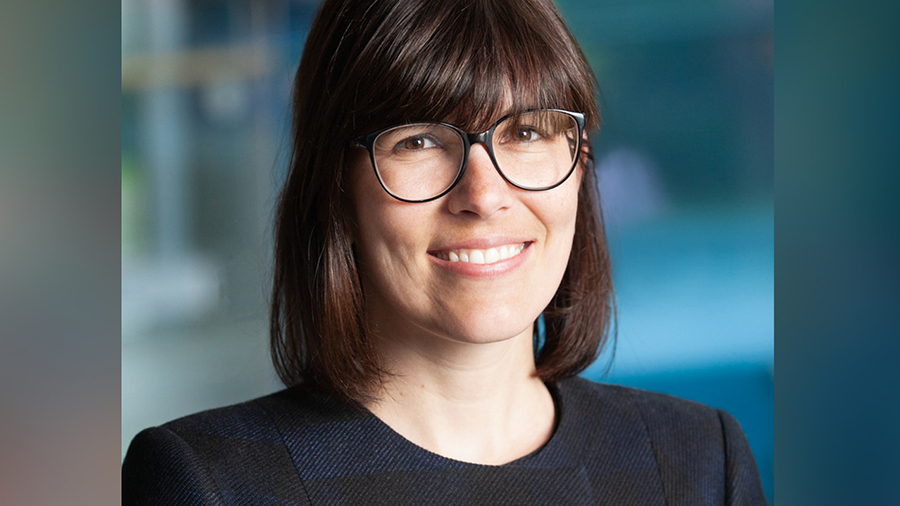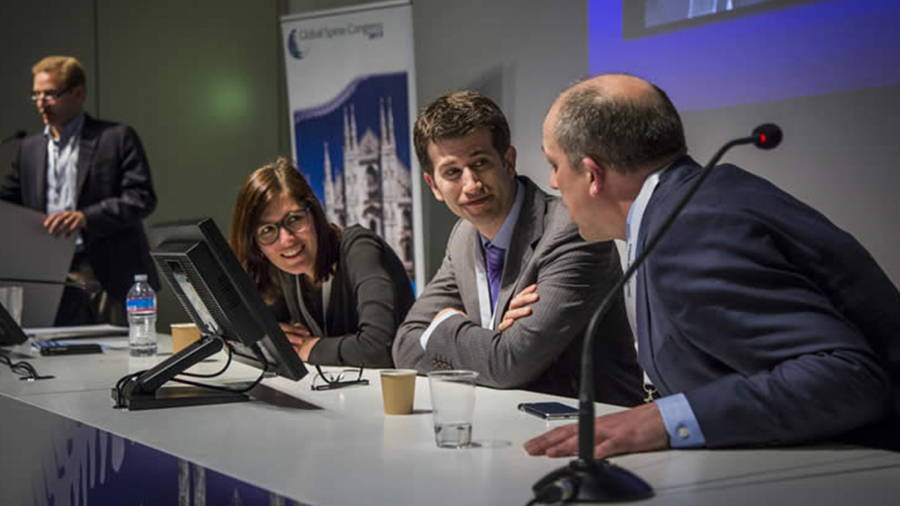Inspiring the next generation of spine surgeons
Raphaële Charest-Morin talks about careers in research in the Women in STEMM series

Acclaimed Canadian orthopedic surgeon and AO Spine Knowledge Forum (KF) Tumor associate member Raphaële Charest-Morin, MD, FRCSC, enthusiastically encourages women to pursue careers in spine surgery and spine research. She says these careers are “a marathon, not a sprint” and asserts that a strong drive—and a strong support network, including mentors—is essential.
My involvement with AO Spine started with my AO Spine Fellowship at Vancouver General Hospital in 2014–2015. One of my mentors was Dr Charles Fisher, who is chairperson of the AO Spine KF Tumor, and he integrated me into the KF. AO Spine is a useful network in terms of all of the people I can reach out to engage in discussion about complex cases. It’s a very collegial environment. It’s easy to reach out to people all over the world, and that’s really a strength of this KF.
l know that there are women surgeons and researchers who have faced a lot of challenges, but I have been very lucky as I feel that through my education and career, people have promoted and helped me. I never felt I was treated differently because I was a woman.
''We do need more women who are working as spine surgeons to inspire the next generation. There are not a lot of women spine surgeons, but there’s a lot of opportunity. Every year when I go to conferences, I’m approached by residents wanting to do spine surgery or spine research.''
Raphaële Charest-Morin, MD, FRCSC (AO Spine)
It might be hard for some people to reconcile this career with having a family, but if you have great family and social support, you can have both family and a career as a spine surgeon. I have two children, eight and four years old, and I have a really helpful partner. I know from personal experience that it can be done. In fact, I had one of my children during my residency, which is one of the craziest, busiest times in any surgeon’s life.
I’m in a great group of surgeons, including young fellows and residents who are here to learn. They push us forward. The role of mentor is an important one: I have had excellent mentors and by being a mentor, I can pass this support onto the next generation. I believe that by being a role model, I am encouraging women to find their own places in spine surgery. Whether a young woman is considering a career in research or a career in surgery: Understand that you will have to make some sacrifices, but work hard, and don’t be afraid to ask for help. Give yourself objectives and stick to them. It will pay off. It’s a marathon, not a sprint. You’ll get there.


